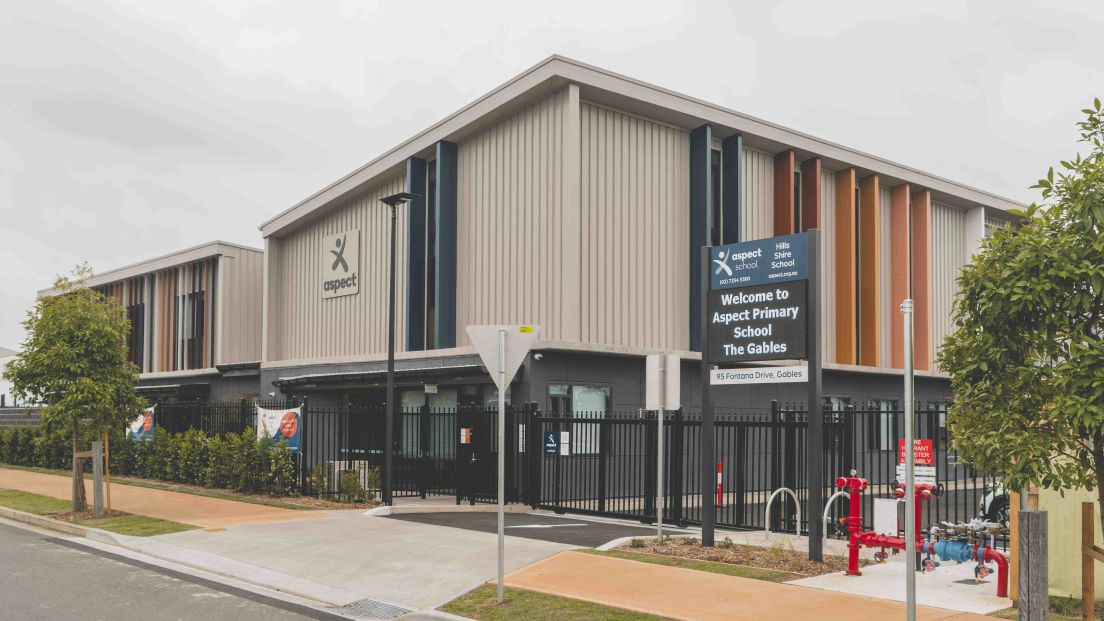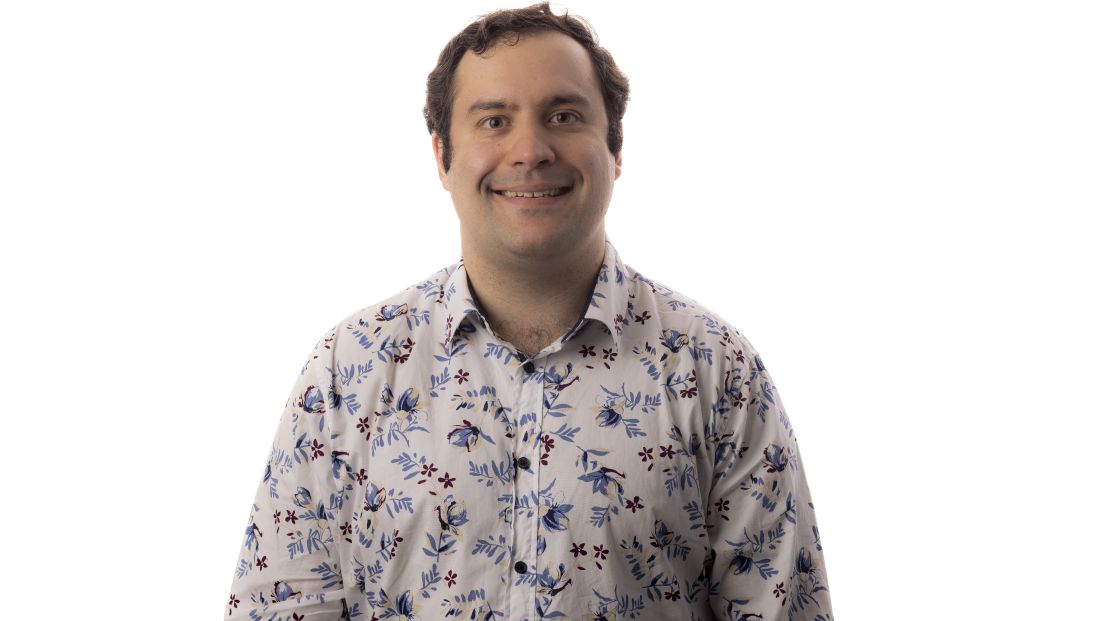Autistic people can find airports overwhelming – a barrage of sensory input from bright fluorescent lights, loud announcements and crowds moving in every direction. Faced with these challenges, many either endure the stress or avoid air travel altogether, missing out on experiences others take for granted.
Led by Dr Chris Edwards, researchers from the Aspect Research Centre for Autism Practice (ARCAP) are working with the Aspect Autism Friendly team and two Australian airports to pinpoint what can be done to make airports more accessible to Autistic people. This research, along with practical travel tips for Autistic people, features in a newly published article in The Conversation. Articles about Aspect's work on autism-friendly airport initiatives are also published in Travel Weekly and Freedom2Live.
Partnering to improve accessibility
With the support of Aspect Autism Friendly, Sydney and Gold Coast Airports have introduced several initiatives aimed at making travel more accessible and enjoyable for Autistic individuals and their families:
Investigating real-world travel experiences
In a recent research study, ARCAP interviewed Autistic adults and parents who travelled with Autistic children through Sydney or Gold Coast Airport to learn about their airport experiences and identify areas of possible improvement.
Three themes were identified from the experiences of participants:
- The need for improved accessibility at airports
- The positive impact of the Sunflower lanyard when recognised
- The need for greater awareness and consistency with the air travel industry
What next?
This research aims to guide practical improvements in airport environments, starting with Sydney and Gold Coast Airports and expanding nationwide. Key goals include creating a consistent, supportive travel experience for Autistic individuals by minimising sensory overload, establishing quiet spaces and improving signage. Collaboration among airports, airlines, and autism organisations is essential to raise awareness of accessibility resources. Ongoing staff training and involving Autistic individuals in policy development are also vital steps, alongside regular evaluation to ensure feedback informs future enhancements.



